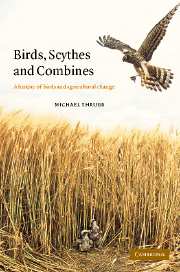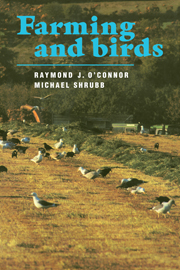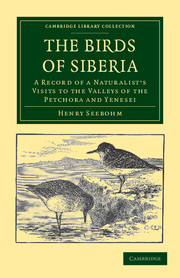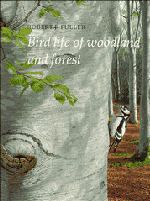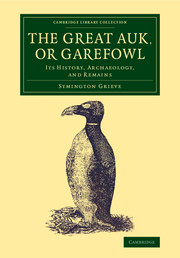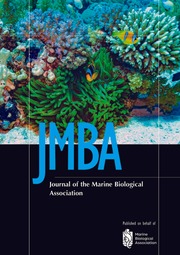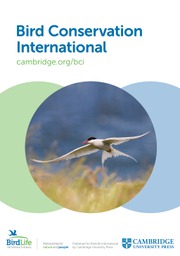Birds, Scythes and Combines
First published in 2003, Birds, Scythes and Combines provides an historical perspective to changes in farmland bird populations in Britain over the past 250 years. Despite the scale of change in habitats and agricultural methods in the late eighteenth and nineteenth centuries, early avifaunas show that farmland birds were little affected. Specialised species of fen and marsh were lost, often as much to persecution as habitat destruction, but farmland birds benefited from the appearance of extensive new resources which aided their adaptation to the altered habitats created by the new farming methods. In addition, many old permanent grass habitats were little altered, leaving a major reservoir of important habitats unchanged. By contrast, more modern farming methods, with changes in grassland management, in herbicide use and in harvesting methods particularly, have led to a collapse in the diversity of farmland and a consequent steep decline in the population size of a high proportion of farmland birds.
- Unique in bringing together a quarter century's information on changes in agricultural practices and bird populations
- Written by an unrivalled expert on farming and birds
- Sheds light on the reasons for the recent decline in bird numbers
Reviews & endorsements
"...a well-researched book, providing an unparalleled source of information on changes in both farming practice and bird distribution in a single, concise volume. The historical perspective is particularly novel and very welcome. Those engaged in farmland bird research and lovers of the countryside will find this a fascinating and essential read." The Quarterly Review of Biology
"This important account is one that is sorely needed for the North American continent." Indiana Audubon Quarterly
Product details
August 2003Hardback
9780521814638
384 pages
229 × 152 × 22 mm
0.751kg
Available
Table of Contents
- Introduction
- Acknowledgements
- 1. The agricultural background
- 2. The farmland birds
- 3. Arable farming systems: high farming and before
- 4. Enclosure
- 5. Some thoughts on hedges
- 6. Drainage
- 7. Weeds, weeding and pesticides
- 8. Arable farming systems: after 1945
- 9. Grassland and stock
- 10. Winter food resources
- 11. Labour, machines and buildings
- 12. Exploitation
- 13. Conclusions
- Appendix 1
- Appendix 2
- Bibliography and references
- Index.

